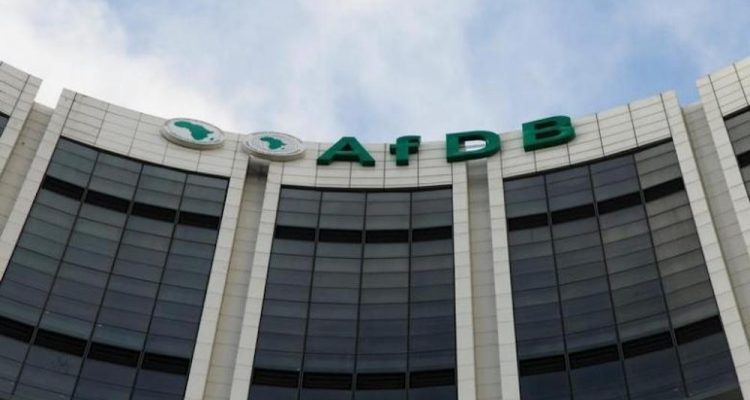African Development Bank (AfDB), says World Bank’s statement about its process of offering loans to African countries was inaccurate, noting that the World Bank actually has more debt quota in Africa than AfDB.
It accused the World Bank of misleading the public following the latter’s allegation that it contributes to the debt problem of African countries and helps African leaders hide terms of debt from their citizens through non-disclosure.
Recall that David Malpass, the President of World Bank, alleged that African Development Bank (AfDB), Asian Development Bank, and the European Bank for Reconstruction and Development worsen the debt burden of Nigeria and other countries.
Malpass said these international financial institutions were lending too fast, ignoring lending standards and transparency when offering loans to Nigeria, South Africa, Pakistan and other debt-ridden countries.
But in a statement, AfDB countered the claim of lending without regard for requirement or standard, the African lender said AfDB’s Africa Legal Support Facility helps in negotiating African countries’ loan request, as well as negotiating royalties and taxes to international companies and terms of their non-concessional loans to some bilateral financiers.
ALSO READ: AfDB using loans to burden Nigeria, others, World Bank alleges
Speaking further about its role in Nigeria and South Africa, AfDB said, “The World Bank, with a more substantial balance sheet, has significantly larger operations in Africa than the African Development Bank. The World Bank’s operations approved for Africa in the 2018 fiscal year amounted to $20.2bn, compared to $10.1bn by the African Development Bank.
“With regard to Nigeria and South Africa, the World Bank’s outstanding loans for the 2018 fiscal year to both countries stood $8.3bn and $2.4bn, respectively. In contrast, the outstanding amounts for the African Development Bank Group to Nigeria and South Africa were $2.1bn and $2.0bn, respectively, for the same fiscal year.
“With reference to the countries described as ‘heavily indebted,’ our bank recognises and closely monitors the upward debt trend. However, there is no systemic risk of debt distress.”
AfDB added that Nigeria’s public debt is about $83.9 billion, 14.6% higher than the year before. It stated that the debt represented 20.1% of the gross domestic product, up from 17.5% in 2018. Out of the total public debt, external public debt was $27.2 billion (representing 32.4% of total public debt), while domestic public debt accounted for $56.7 billion.

 Health5 days ago
Health5 days ago
 Entertainment7 days ago
Entertainment7 days ago
 Education7 days ago
Education7 days ago
 Crime5 days ago
Crime5 days ago
 Health7 days ago
Health7 days ago
 Comments and Issues6 days ago
Comments and Issues6 days ago
 Football6 days ago
Football6 days ago
 Latest6 days ago
Latest6 days ago













